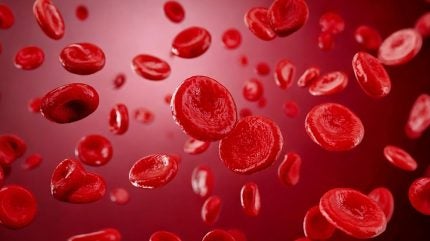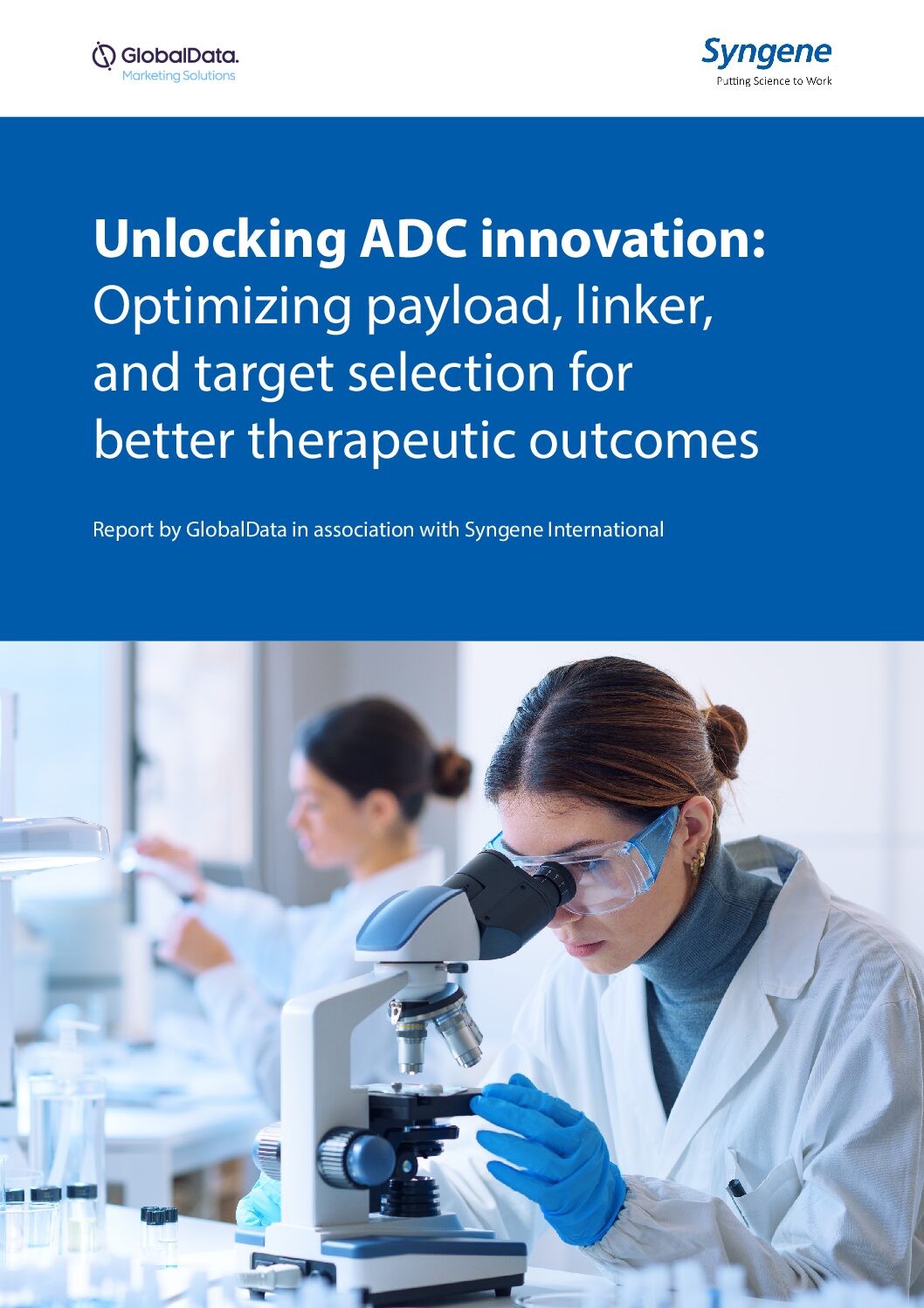

Japan-based Ono Pharmaceuticals has secured the global rights to sapablursen, an RNA-targeting therapy developed by Ionis Pharmaceuticals for the treatment of polycythemia vera (PV).
The licence agreement will see Ono make an upfront payment of $280m to exclusively develop and commercialise sapablursen worldwide. The pharmaceutical company will also pay up to $660m in additional payments if the drug hits certain developmental, regulatory, and sales milestones. It stated that the impact of the deal on its 2024 fiscal year is expected to be minor.

US Tariffs are shifting - will you react or anticipate?
Don’t let policy changes catch you off guard. Stay proactive with real-time data and expert analysis.
By GlobalDataSapablursen is currently being evaluated in a Phase II study (NCT05143957) in patients with PV, a rare type of blood cancer. A total of 50 patients will be subcutaneously administered with one or two doses of the therapy every month. The trial’s endpoint is the change in the frequency of blood draws needed for participants – the current non-pharmacological treatment option. As per a ClinicalTrials.gov entry, the study was extended to allow participants to receive sapablursen for an additional 36 weeks following the initial 37-week treatment period.
According to the licensing agreement, Ionis will remain responsible for completing the study. Once finished, Ono will take on subsequent development duties, regulatory filings, and eventual commercialisation. If approved, more money could be granted to Ionis through royalties in the mid-teen percentage range on annual net sales of sapablursen.
Polycythemia vera is a rare haematologic disease that affects the bone marrow and is characterised by the overproduction of red blood cells. This increases the risk of serious blood clots, especially in the lungs, heart, and brain. Patients with PV can experience symptoms such as headaches, dizziness, and fatigue, though the disease is often discovered during a routine blood test.
The PV field is not without US Food and Drug Administration (FDA)-approved treatments. Antimetabolite medications such as hydroxyurea and hydroxycarbamide have been regularly used to treat the disease. Incyte’s Jakafi (ruxolitinib) and Bristol Myers Squibb’s (BMS) Inrebic (fedratinib), both janus kinase (JAK) inhibitors, have also been approved for certain patients, depending on disease severity and treatments already tried.
PharmaEssentia’s Besremi (ropeginterferon alfa-2b-njft) became the first FDA-approved therapy that patients could take, regardless of their treatment history, in November 2021.
Sapablursen, an antisense oligonucleotide, targets the transmembrane protease serine 6 (TMPRSS6) mRNA. TMPRSS6 is a key negative regulator of the expression of the iron-regulatory hormone hepcidin. Ono and Ionis state that by increasing the production of this hormone, sapablursen has the potential to positively impact blood diseases such as PV. If approved, sapablursen would therefore be the first PV therapy that targets the disease at the RNA level. Reflecting its potential as a new treatment option, the FDA granted sapablursen fast track and orphan drug designations last year.
Sapablursen development has not been without clinical hiccups. Ionis previously investigated the therapy in beta thalassemia, another blood disorder, before terminating a Phase II trial in 2023 following disappointing mid-phase efficacy data.
Ono, however, remains confident that sapablursen can become another option for patients with the disease and is optimistic about the partnership with Ionis.
“This partnership aligns with our strategy to strengthen our pipeline in haematology. We expect sapablursen to become a new treatment option for PV patients worldwide,” said Ono’s chief operating officer Toichi Takino.
The licensing deal for sapablursen follows another big-dollar deal last year for Ono, which licensed an antibody-drug conjugate (ADC) from LigaChem Biosciences for up to $700m. Ono has already made a name for itself in the oncology space, having co-developed the blockbuster immunotherapy Opdivo (nivolumab) with BMS, a drug that generated global sales of $9bn last year.
ADC content on Pharmaceutical Technology (Or Clinical Trials Arena) is supported by Syngene. Editorial content is independently produced and follows the highest standards of journalistic integrity. Topic sponsors are not involved in the creation of editorial content.






